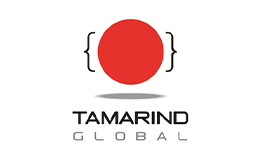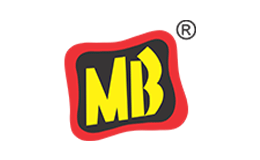In today's digital age, protecting your intellectual property has become increasingly important. Copyrights, trademarks, and patents are all types of legal protections that can help safeguard your creative works and ideas. In this blog, we will discuss the difference between copyright, trademark, and patent and help you understand which type of protection you may need for your intellectual property.
Copyright
Copyright is a legal protection that applies to creative works such as literary, artistic, and musical works. This includes books, articles, songs, photographs, videos, and software. Copyright protects the expression of ideas rather than the ideas themselves. It grants the copyright owner the exclusive right to reproduce, distribute, and display their work. Copyright protection lasts for the life of the creator plus a certain number of years after their death.
Trademark
A trademark is a legal protection that applies to a business's brand name, logo, or slogan. A trademark helps consumers identify the source of goods and services and distinguish them from those of other companies. Trademark protection can also extend to other distinctive features such as sound, color, and packaging. Trademarks can be registered with the United States Patent and Trademark Office (USPTO) and offer protection for a period of ten years, which can be renewed indefinitely.
Patent
A patent is a legal protection that applies to inventions or discoveries. It grants the patent owner the exclusive right to make, use, and sell their invention for a period of time. Patents are granted by the USPTO and can be categorized into three types: utility patents, design patents, and plant patents. Utility patents are the most common and protect new and useful processes, machines, and compositions of matter. Design patents protect the ornamental design of a functional item, and plant patents protect new and distinct varieties of plants. Patent protection lasts for 20 years from the date of filing.
So, what's the difference?
In summary, copyrights protect creative works, trademarks protect branding and logos, and patents protect inventions and discoveries. Copyright and trademark protection can be obtained without registration, but registration provides additional legal benefits. Patent protection, on the other hand, requires registration with the USPTO. Copyright protection lasts for the life of the creator plus a certain number of years, while trademark protection can be renewed indefinitely, and patent protection lasts for 20 years.
In conclusion, understanding the difference between copyright, trademark, and patent can help you choose the right type of legal protection for your intellectual property. Consult with a legal professional to ensure that your intellectual property is adequately protected and to help you navigate the registration process..
















